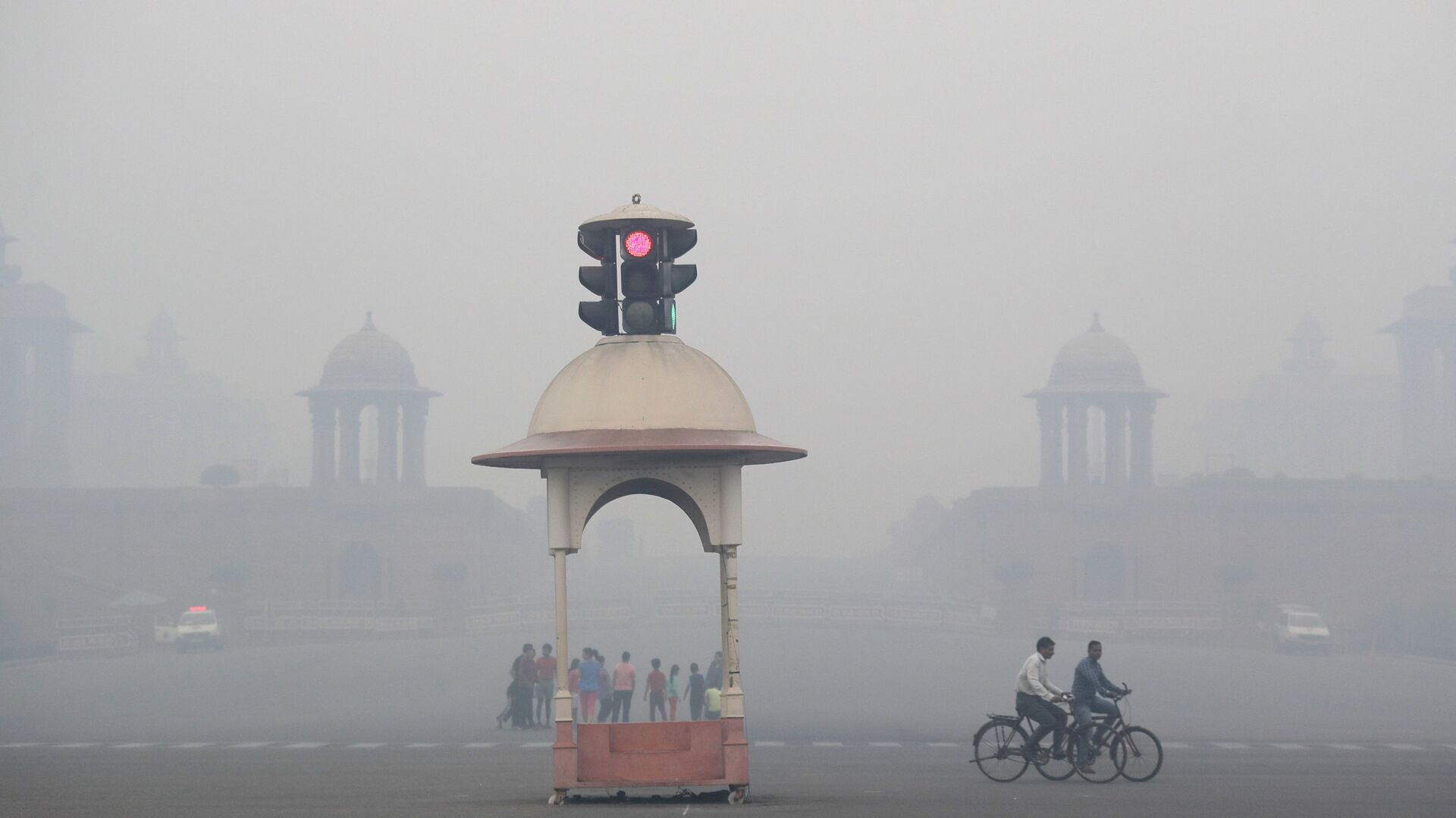India's air, water, and land pollution is worsening and there is little that is being done to contain the contamination, an environment-related NGO has warned in its findings after carrying out a survey, 2021 State of India's Environment.
Conducted by the Centre for Science and Environment (CSE), a non-governmental organisation, the survey observed that failure to take urgent corrective measures has led to the worsening of pollution over 10 years even in "critical" industrial clusters.
The survey focused on the findings of the Central Pollution Control Board's Comprehensive Environmental Pollution Index from 2009-2018 to make its observations.
The analysis of the data found that massive deterioration occurred in the 88 industrial clusters identified in the country by India's Central Pollution Control Board in 2009. Air pollution worsened in 33 of the industrial clusters, the quality of water deteriorated in 45, and land pollution increased in 17.
The survey also found that Delhi was the worst area, with the air quality score in the Najafgarh drain basin increasing from 52 in 2009 to over 85 in 2018. Tarapur in the state of Maharashtra and Kanpur and Varanasi in Uttar Pradesh were found to have deteriorated water quality, with their scores being over 80 on a scale from 1 to 100.
As many as 35 of the industrial clusters have indicated a rise in environmental degradation, the survey suggests.
Programme Director of the CSE industrial pollution unit, Nivit Kumar Yadav, told Sputnik on Friday, "The findings are alarming because these are already identified [as] severely polluted areas".
"Ten years is a long time and findings suggest that little has been done to check the pollution and it has been allowed to deteriorate. There is no proper implementation of policies and rules on the ground to ensure reduction of the pollution", he added.
Prime Minister Narendra Modi's political constituency Varanasi too has a huge amount of pollution from traffic and its air quality has also deteriorated.
"Nearly 50 percent of the small scale air polluting industry in Varanasi is illegal. Roads are narrow and there are traffic jams everywhere. There are so many illegally operating brick kilns and it is a challenge to get them to follow the rules", he said.
Reacting to the survey, a senior Central Pollution Control Board official told Sputnik on condition of anonymity that "We are aware of the rising pollution. We have to work in tandem with the state governments to effectively check it".
"It is a complex collaboration and as a board we have certain limitations as to the punitive action we can take against the defaulting industry", the official added.
Shashi Mohan, an environmentalist based in the Indian state of Uttar Pradesh, noted that the pollution control boards in the states lack power "and cannot effectively go after polluting units".
"They can only monitor, advise them to check pollution. This is one of the reasons that pollution levels are rising continuously", Mohan added.



